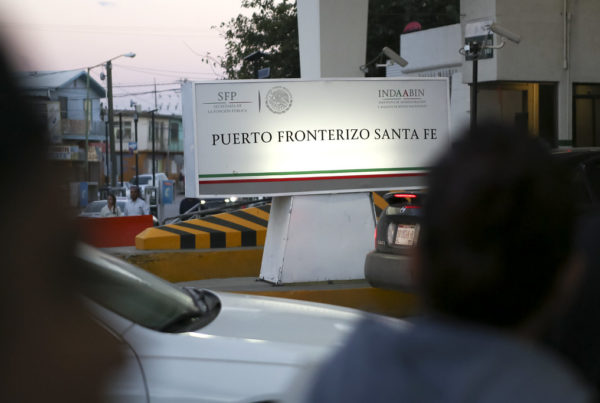The University of Texas MD Anderson Cancer Center in Houston is in the process of firing three scientists, alleging they were involved in Chinese efforts to “exfiltrate” intellectual property from U.S. taxpayer-funded research.
Mihir Zaveri has been covering the story for The New York Times, and says the National Institutes of Health claims that “researchers in the United States are, in some cases, sending over confidential research [and] intellectual property.” He says if true, it would be part of a greater push by China to get a competitive edge in science and technology sectors.
He says it’s unclear whether any of the three scientists have committed a crime, but the FBI is involved in the investigation. Regardless, MD Anderson claims the scientists violated the institution’s policies.
“They’re one of the biggest public funders of research in the country,” Zaveri says. “If they fund certain research, they have certain policies about confidentiality [and] conflict of interest disclosure.”
He says through investigations, MD Anderson has found that in many cases, these scientists haven’t followed institution policy, and do have ties to China. In reports from its investigation, MD Anderson said it found suspicious emails and a confidential grant application that one of its scientists sent to scientist in China.
“They raised some serious concerns, but as far as crime goes, that’s not clear,” Zaveri says.
MD Anderson has not revealed the names of the three scientists. Zaveri says he does know that all three identify as Asian, but it’s not clear whether any of them are of Chinese descent. Regardless, he says critics warn against racial or ethnic profiling or assuming that they have Chinese heritage, especially because it could have a chilling effect.
“[They say] this is gonna have sort of chilling effect on Chinese talent coming from China to the United States for legitimate purposes, which is a big part of this research,” Zaveri says.
He also says the threat doesn’t just come from China; the U.S. government is monitoring possible leaks of research to other countries, too.
Written by Caroline Covington.
















